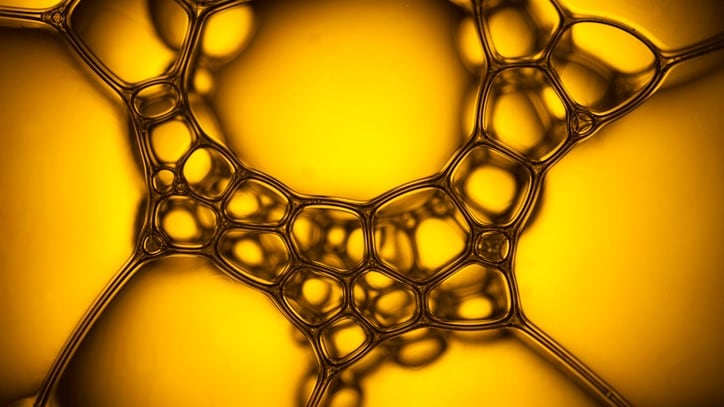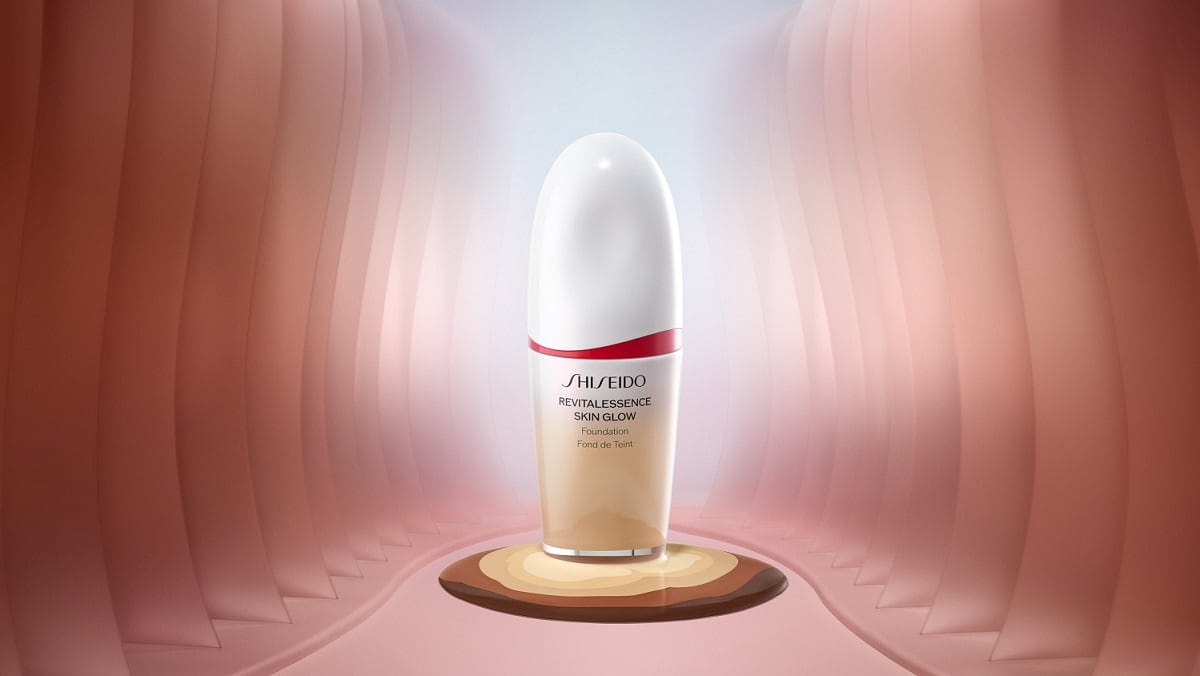Novel anti-hair loss formula harnesses nanoniosomes and microspicules for targeted deer placenta delivery
Researchers from Thailand combine nanoniosomes and microspicules to effectively deliver deer placenta extract directly to hair follicles, promoting hair regrowth.
The study aimed to utilise deer placenta, which is often considered a waste product in agricultural farms in Thailand.
Deer placenta extract (DPE) is known for its regenerative effects, said the study.
The researchers believed that DPE held major potential as an anti-hair loss treatment, as previous studies have demonstrated that other placenta extracts from animals, such as goats, can promote hair cell proliferation, stimulating hair growth and rejuvenation.
Mixed extract of Indian pennywort, Arabica coffee, turmeric display promising cosmetic application potential
A Thai study finds that the combined extracts of Centella asiatica (Indian pennywort), Coffea arabica (Arabica coffee) and Curcuma longa (turmeric) exhibited high antioxidant and moisture retention activities for application in cosmetic products.
Widely used in traditional medicine, these botanical extracts are today commonly applied in cosmetic formulations because of their antioxidant and anti-inflammatory properties.
However, research on the skin care effects of mixed extracts remains limited.
To elucidate the optimal proportions of the three extracts to maximise their benefits, researchers from Chiang Mai University in Thailand conducted a study using a two-level full factorial design.
Cosmax establishes ‘specialised’ sun care research centre with university
Cosmax has partnered with the Pohang University of Science and Technology (POSTECH) to develop a UV protection research centre to reinforce its position in the global sun care market.
With this new collaboration, the company aims to expand its presence in the global sun care market, with a focus on the US, where it has observed high growth of Korean beauty brands.
This is also in line with Cosmax’s strategy to pioneer new frontiers in the sunscreen market to drive growth globally.
UV protection is an area of strong importance for Cosmax, accounting for 20% of total sales.
Cut above: New skin data on China women could aid cosmetic efficacy
The Cutometer has been used to create new facial skin data on multiple Chinese women and its correlation with signs of ageing, in the hope of aiding future new product development.
The Cutometer is a globally recognised tool for assessing skin elasticity, offering valuable insights for skin research and cosmetic development.
However, previous studies have thrown up inconsistencies in data, and few have been undertaken on Chinese women.
In human efficacy evaluation tests using the Cutometer, the R0 or F4 values created may be used to evaluate skin firmness,
Croda eyes major opportunity to develop ceramide solutions for hair and scalp care
Croda wants to expand the potential of ceramides to hair and scalp care as the skinification trend shows no sign of slowing down.
Consumers increasingly prioritise skin barrier protection, seeking products that prevent moisture loss, combat environmental stressors, and restore the skin’s natural defences.
Naturally, ceramides have become a popular ingredient as they help to restore the barrier, prevent moisture loss, and protect against environmental damage, making them ideal for maintaining healthy, hydrated, and resilient skin.





